A recent Italian study suggesting that regular consumption of olive oil may reduce the risk of dementia has ignited both excitement and skepticism within the scientific community. Published in a prominent nutrition journal, the research claims that individuals who incorporate high-quality extra virgin olive oil into their daily diet exhibit lower rates of cognitive decline compared to those who rarely consume it. While some experts hail the findings as a breakthrough in preventive nutrition, others caution against overinterpreting the results, citing methodological limitations and potential conflicts of interest.
The Study's Key Findings
Conducted over a five-year period across several Italian regions, the observational study tracked the dietary habits and cognitive health of nearly 5,000 adults aged 55 and older. Researchers reported that participants who consumed at least four tablespoons of extra virgin olive oil daily showed a 30% lower incidence of dementia diagnoses compared to those who consumed less than one tablespoon. The paper hypothesizes that olive oil's high concentration of polyphenols and monounsaturated fats may protect neural tissue from inflammation and oxidative stress—two processes strongly linked to neurodegenerative diseases.
Lead researcher Dr. Marco Bianchi from the University of Milan emphasized that the protective effects appeared most pronounced when olive oil replaced saturated fats in the diet. "We're not just seeing an association with olive oil consumption," he stated at a press conference, "but specifically observing benefits when it displaces less healthy fats like butter or lard in traditional cooking patterns." The study accounted for variables including physical activity, education level, and cardiovascular health, though critics argue these adjustments may not have been comprehensive enough.
Scientific Backlash and Limitations
Within weeks of publication, neurologists and epidemiologists began raising concerns about the study's design. Dr. Eleanor Shaw from Cambridge University pointed out that the research relied on self-reported dietary data—a notoriously unreliable method that often leads to recall bias. "People struggling with early cognitive impairment might inaccurately remember or report their eating habits," she explained in an editorial response. "This creates a chicken-and-egg problem where we can't determine whether poor diet leads to dementia or early dementia symptoms affect dietary reporting."
Other critics highlighted the study's funding sources, noting that 40% of the financial support came from olive oil trade organizations based in Mediterranean countries. While the authors disclosed these connections, some peer reviewers argue the potential for commercial influence warrants stricter scrutiny. "Nutrition science has a long history of industry-funded studies producing favorable results," remarked Dr. Raj Patel, an independent food systems researcher. "When agricultural stakeholders sponsor research about their own products, we should approach conclusions with healthy skepticism."
Cultural and Economic Dimensions
The controversy touches on deeper tensions between nutritional science and cultural food traditions. Mediterranean diets have enjoyed near-celebrity status in health circles for decades, with olive oil as their crown jewel. The Italian Ministry of Agriculture quickly endorsed the study's findings, seeing an opportunity to boost exports already worth billions annually. Meanwhile, nutritionists in Northern European and North American countries questioned whether the results would translate to populations with different baseline diets and genetic predispositions.
Professor Ingrid Bergman of Stockholm University conducted a similar study in Sweden with markedly different results. "In our cohort, the strongest protective factors against dementia were berries and fatty fish—foods more central to Nordic diets," she noted. "This suggests we should focus on overall dietary patterns rather than single miracle ingredients." The divergence highlights how regional eating habits and available food sources complicate universal dietary recommendations.
Practical Implications for Consumers
Amid the academic debate, health-conscious consumers face conflicting messages. Supermarkets report surging sales of premium Italian olive oils, while cooking websites publish "brain-boosting" recipes heavy on the Mediterranean staple. Nutritionists advising caution recommend focusing on evidence-backed practices: maintaining a balanced diet rich in diverse plants, exercising regularly, and controlling known dementia risk factors like hypertension and diabetes.
Dr. Bianchi's team acknowledges that their study shouldn't be interpreted as a green light for unlimited olive oil consumption. "We're observing patterns, not proving causation," he clarified in a follow-up interview. "Nobody should drink olive oil by the glass thinking it's medicine. But as part of a vegetable-forward diet, our data suggests it could be a smart choice." The researchers have called for randomized controlled trials to test their hypotheses more rigorously.
The Bigger Picture in Dementia Research
Neurologists stress that no single food can dramatically alter dementia risk in isolation. Dr. Helen Chen from Johns Hopkins University explains: "Dementia develops over decades through complex interactions between genetics, vascular health, inflammation, and environmental factors. While diet matters, it's one piece of a much larger puzzle that includes sleep quality, social engagement, and cognitive stimulation."
Research continues to explore how various dietary components—from omega-3s to flavonoids—might synergistically support brain health. The olive oil study, despite its controversies, adds another data point to this evolving understanding. What remains clear is that preventing dementia requires multifaceted lifestyle approaches rather than reliance on any purported superfood, no matter how delicious or culturally revered.
As the scientific community debates olive oil's specific role, consumers might take comfort in one point of universal agreement: replacing processed foods with whole, minimally processed ingredients—whether that's extra virgin olive oil, fresh produce, or other traditional foods—represents a sensible strategy for long-term health.

By Elizabeth Taylor/Apr 10, 2025
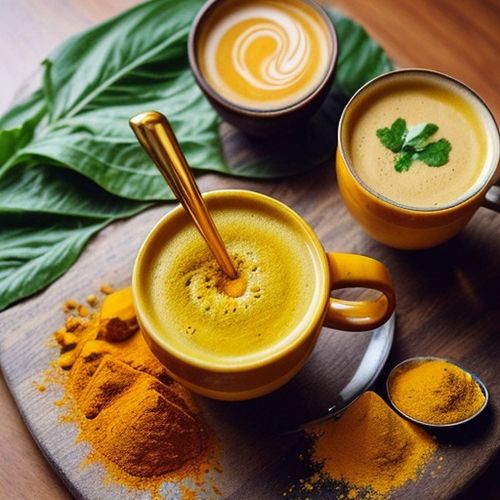
By Laura Wilson/Apr 10, 2025

By Natalie Campbell/Apr 10, 2025
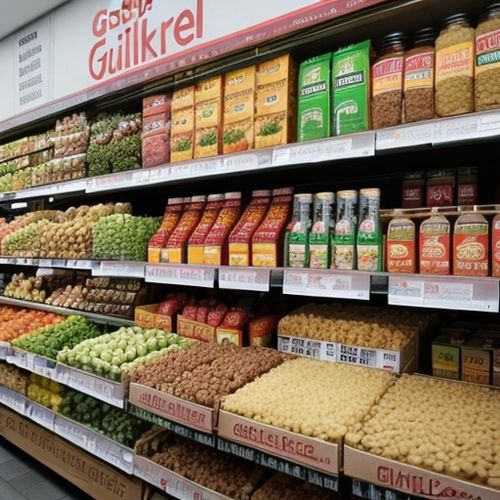
By Daniel Scott/Apr 10, 2025
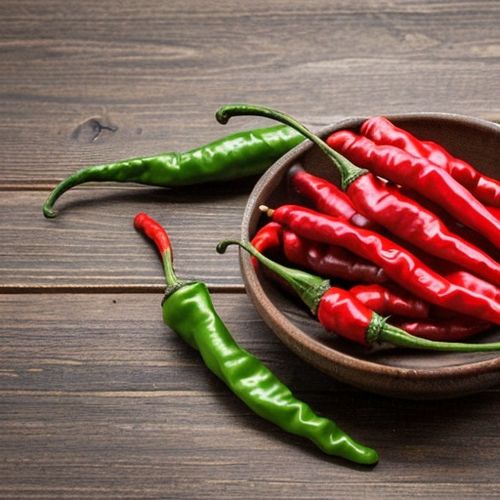
By Sarah Davis/Apr 10, 2025
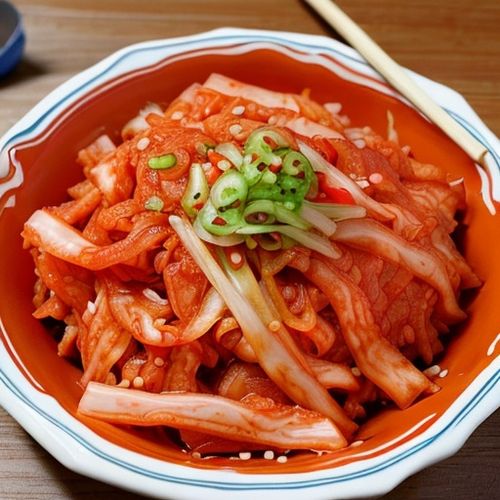
By Michael Brown/Apr 10, 2025
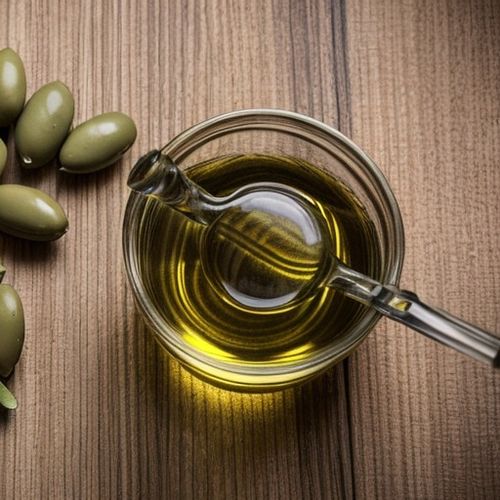
By George Bailey/Apr 10, 2025
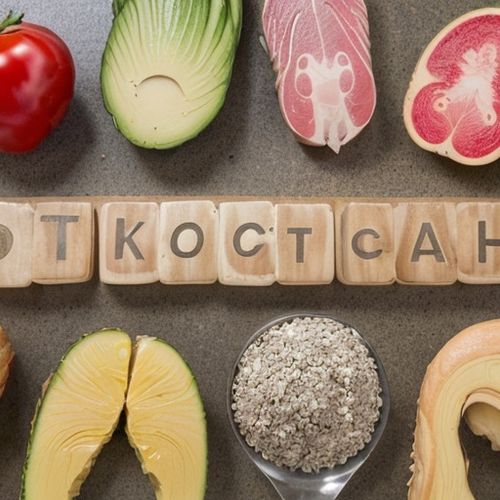
By Thomas Roberts/Apr 10, 2025
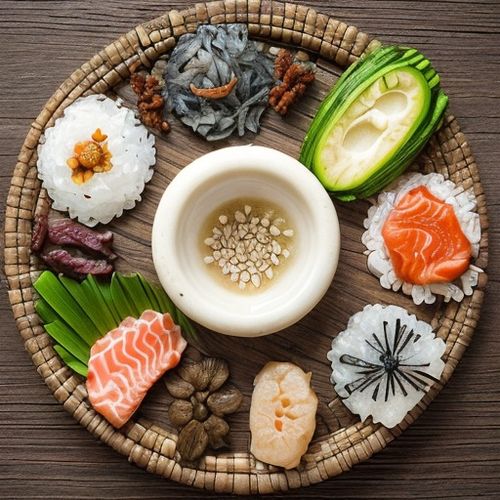
By Sarah Davis/Apr 10, 2025
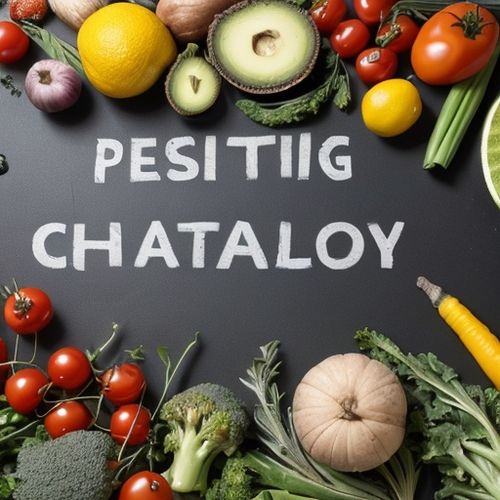
By William Miller/Apr 10, 2025
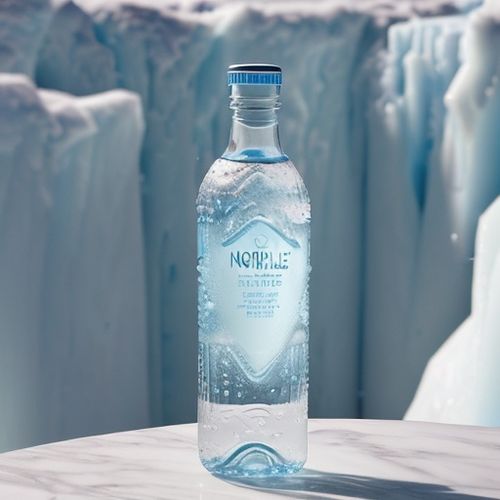
By Natalie Campbell/Apr 10, 2025
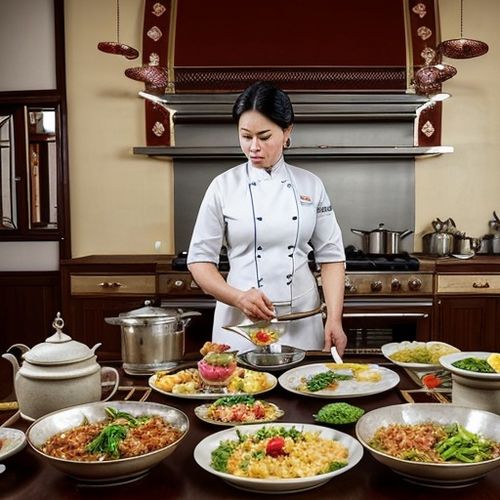
By Ryan Martin/Apr 10, 2025
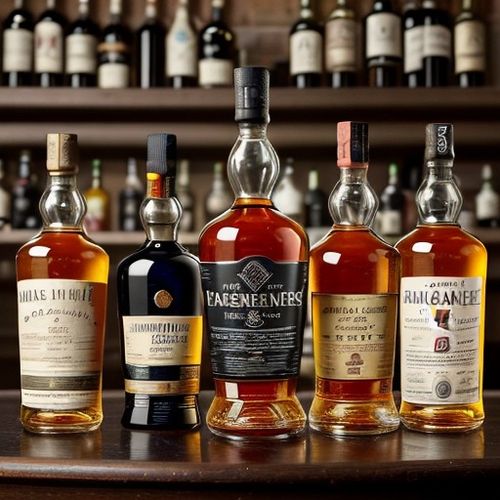
By Benjamin Evans/Apr 10, 2025

By John Smith/Apr 10, 2025

By Grace Cox/Apr 10, 2025
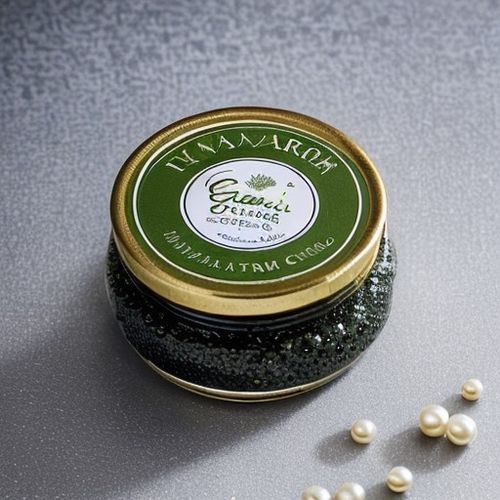
By Victoria Gonzalez/Apr 10, 2025
By Natalie Campbell/Apr 10, 2025